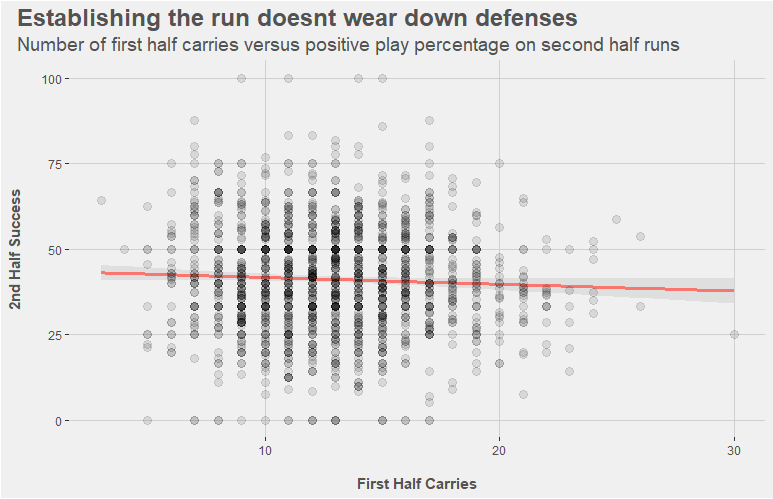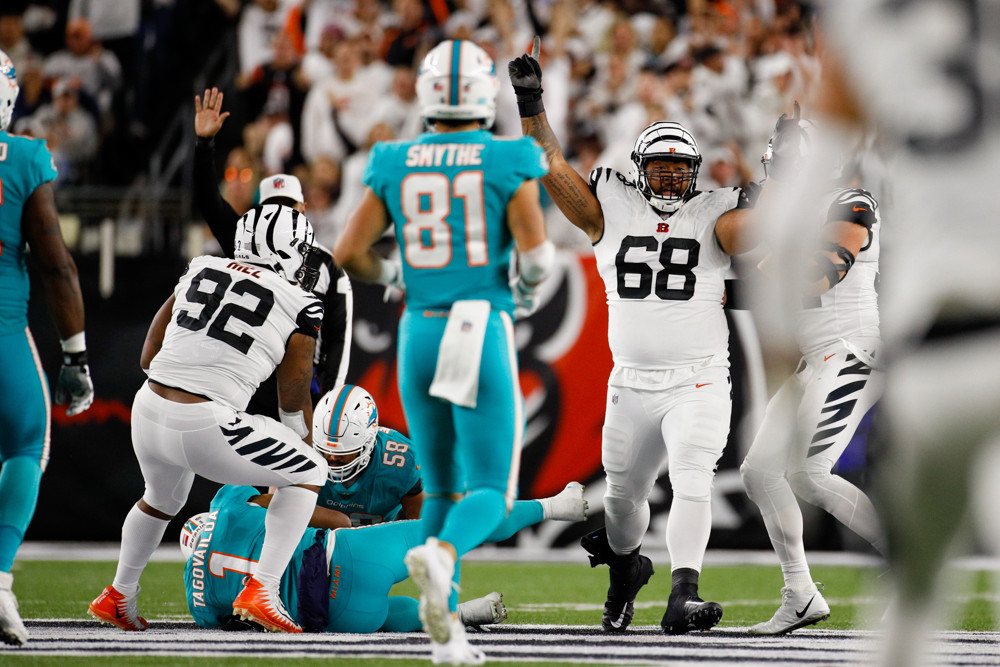by Bruce Schroeder
Mississippi State offensive lineman Elgton Jenkins was drafted in the second round by the Green Bay Packers in part because of his versatility and ability to back up each position. The Packers’ draft class was founded around versatility. Their general manager, Brian Gutenkenst, wanted a team of players that could play multiple positions. The player that encapsulated this philosophy more than any other Packer may be Jenkins
A lineman who played all five spots in his four years at Mississippi State was the perfect fit. But coming into a team with five solid starters, he was intended to fill in wherever injuries occurred. The first injury came to left guard, Lane Taylor, who many saw as the weakest link on the Packers’ line. Jenkins replacing Taylor may have been the biggest blessing in disguise for Green Bay this season.
After seeing action in the Week 2 victory against the Vikings, it was clear Jenkins was the better player. Playing just one drive that resulted in an Aaron Jones rushing touchdown, Jenkins was seen making the key block that put Jones in the end zone. Many expected Jenkins to start the following week, but Taylor’s injury rendered the point moot.
Since then, Jenkins performance could be argued as the best of the entire line, and Green Bay’s offensive line is considered one of the best in the league. The Packers rank in the top 15 with 27 sacks allowed this season, and of the starting five, the stats show Jenkins has been the most productive.
Sports Info Solutions data shows that Jenkins has allowed just two sacks on blown blocks this season, out of the 366 pass attempts that he has been on the field for. That’s 0.5% of his snaps, which ranks best out of the Packers’ starters and one percentage point better than starting right guard Billy Turner, who was brought in as a big free agent acquisition.
As good as he has been in the passing game, Jenkins might be even more impressive in the run game. Aaron Jones has been outspoken about how much credit the offensive line deserves for his success, and out of the five offensive line starters, the numbers show that Jenkins has also been most impressive in the run game.
Sports Info Solutions records a blown block any time a blocker does not successfully block the defender they attempted to engage with and, as a result, gives the defender an opportunity to negatively affect the play. Of the 20 total blown blocks in the Packers’ run game, Jenkins is responsible for none of them.
When you watch Jenkins play, he looks like a 10-year veteran. The likelihood of him being Offensive Rookie of the Year is extremely small, but he makes for a great under-the-radar contender in a world where offensive linemen were never considered for these awards.


